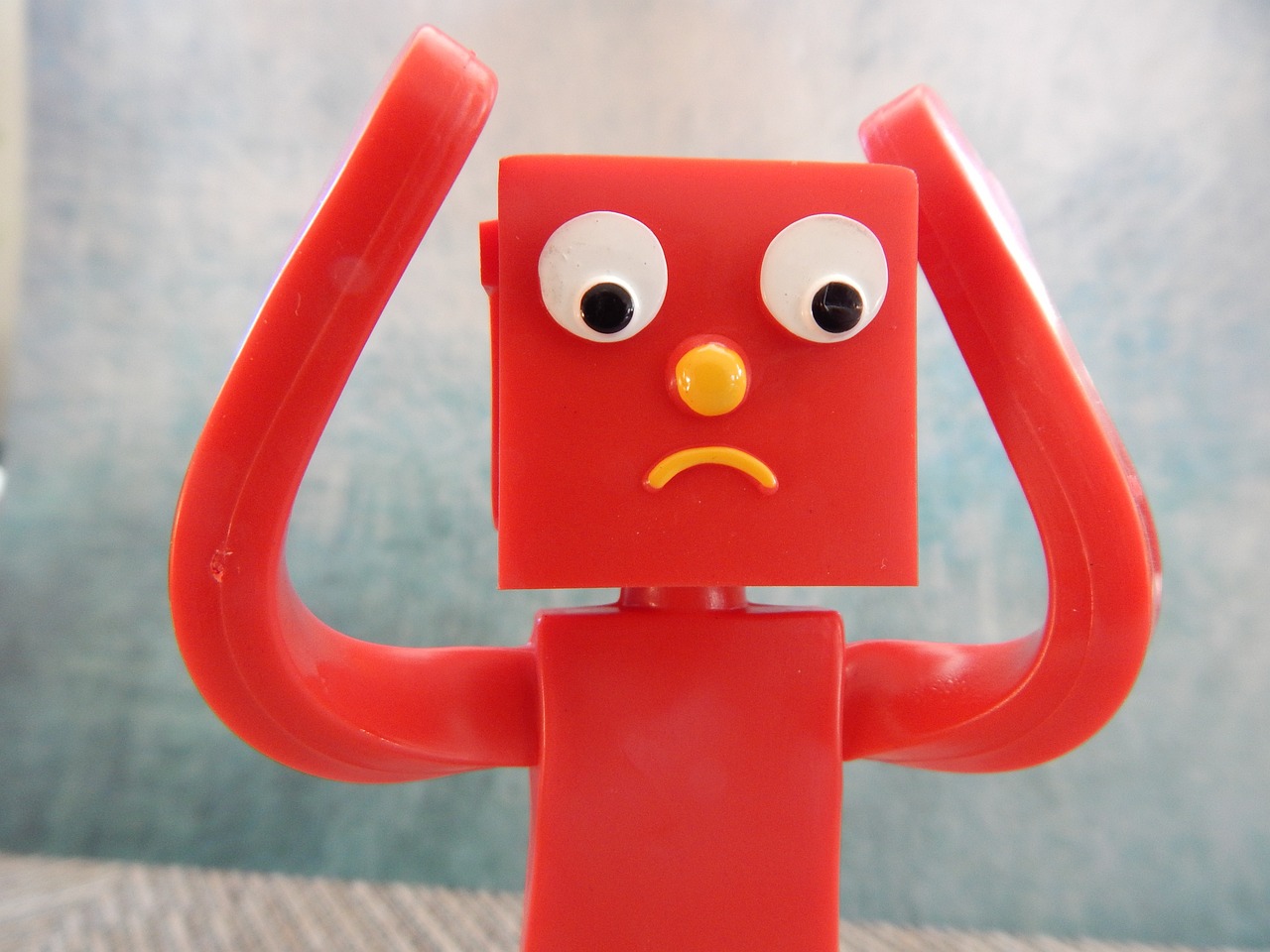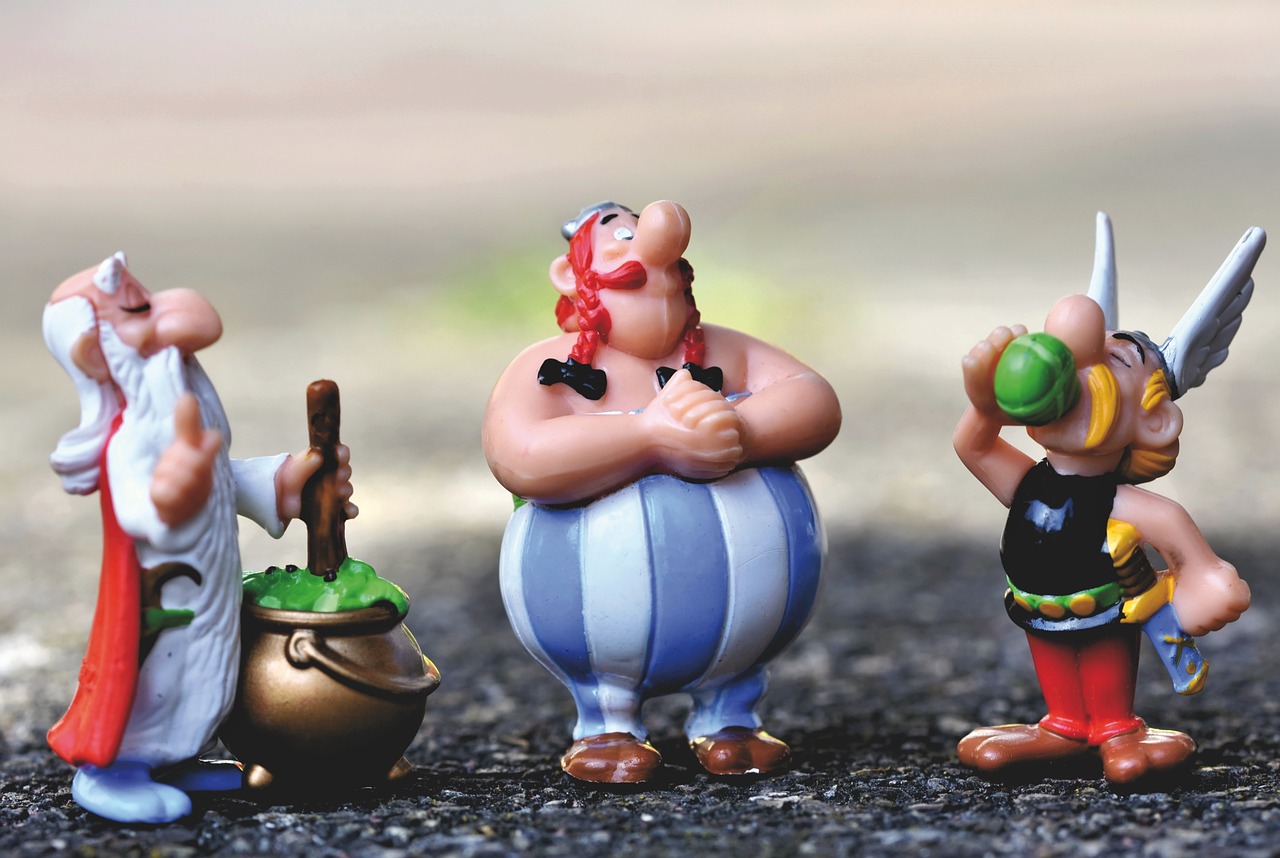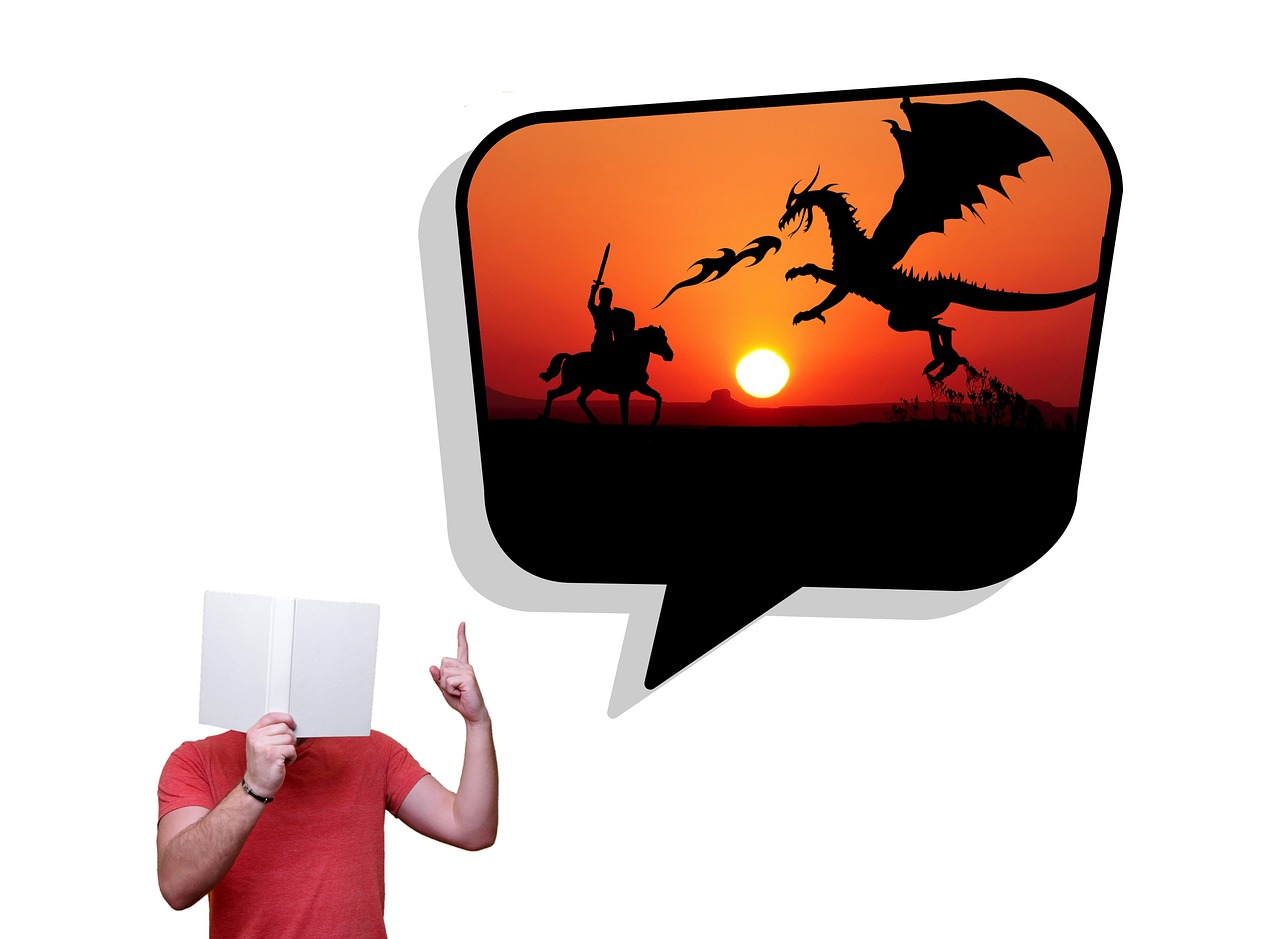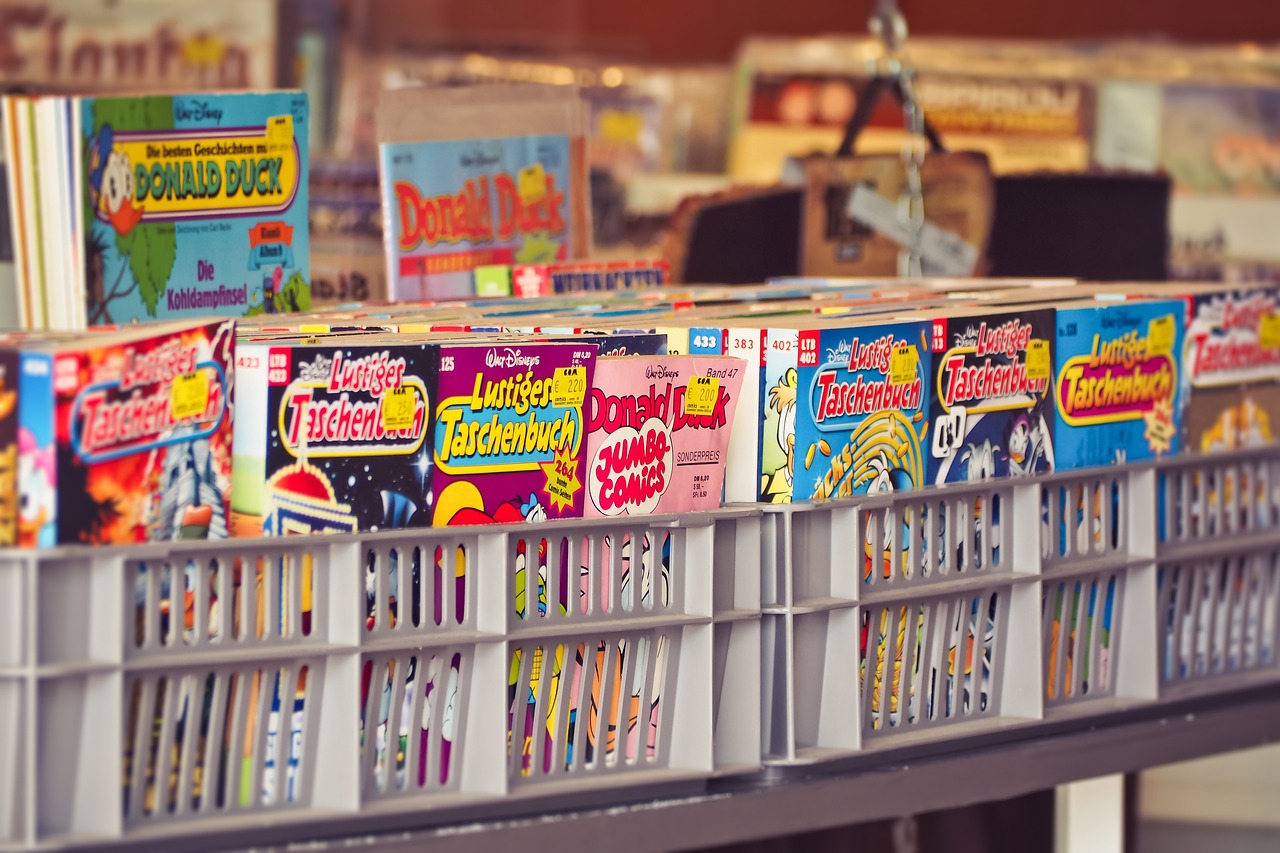Are you a fan of superheroes? Do you enjoy watching movies and TV shows based on comic books? If so, you’re not alone.
Comics have had a significant impact on popular culture and entertainment for decades. From the early days of comic strips to the rise of superhero movies, comics have influenced the way we consume media and shaped our understanding of what it means to be a hero.
As you’ll discover in this article, comics have come a long way since their humble beginnings. They’ve gone from being seen as cheap entertainment for kids to being recognized as a legitimate art form that can tell complex and nuanced stories.
Along the way, they’ve inspired countless filmmakers, writers, and artists, and have become a beloved part of fan culture.
So, if you’re curious about the impact of comics on popular culture and entertainment, read on to learn more.
The Evolution of Comics in Popular Culture
Comics have come a long way since their humble beginnings, and it’s fascinating to see how they’ve evolved in popular culture over the years.
What started as a simple form of entertainment for children has now become a recognized art form that has made a significant impact on literature and other forms of media.
Comics are no longer just about superheroes in tights; they’ve expanded to cover a wide range of genres and themes, from horror to romance and everything in between.
The evolution of comics has not only impacted the way we view art, but it has also influenced literature in a significant way.
Many graphic novels and comic books have been turned into best-selling novels and blockbuster films, showing that comics have the potential to tell complex and compelling stories.
The impact of comics on popular culture and entertainment cannot be overstated, and it’ll continue to shape the way we consume media for years to come.
The Rise of Superheroes in Entertainment
You can’t deny that superheroes are everywhere now, from movies to TV shows to merchandise. The rise of superhero entertainment has been massive in recent years, with the Marvel Cinematic Universe leading the charge.
However, with the constant influx of superhero content, some have started to experience superhero fatigue. This refers to the feeling of being overwhelmed by the sheer amount of superhero movies and TV shows being released.
One way to combat superhero fatigue is to increase diversity representation within the genre. While there have been strides made in recent years with the introduction of characters like Black Panther and Captain Marvel, there is still a long way to go.
By introducing more diverse superheroes, audiences can feel represented and connected to the characters on screen. This not only helps combat superhero fatigue, but also has a positive impact on popular culture by promoting inclusivity and representation.
The Influence of Comics on Film and TV
Now, let’s talk about how comics have influenced what we see on the big and small screens today.
Comic book adaptations have become a staple in Hollywood, with films like The Avengers and The Dark Knight grossing billions of dollars worldwide. These adaptations not only bring beloved characters to life, but they also showcase the unique storytelling techniques found in comic books.
Comic book storytelling techniques, such as flashbacks and non-linear narratives, have been successfully translated to the screen. Films like Deadpool and Watchmen have used these techniques to great effect, giving audiences a fresh and exciting viewing experience.
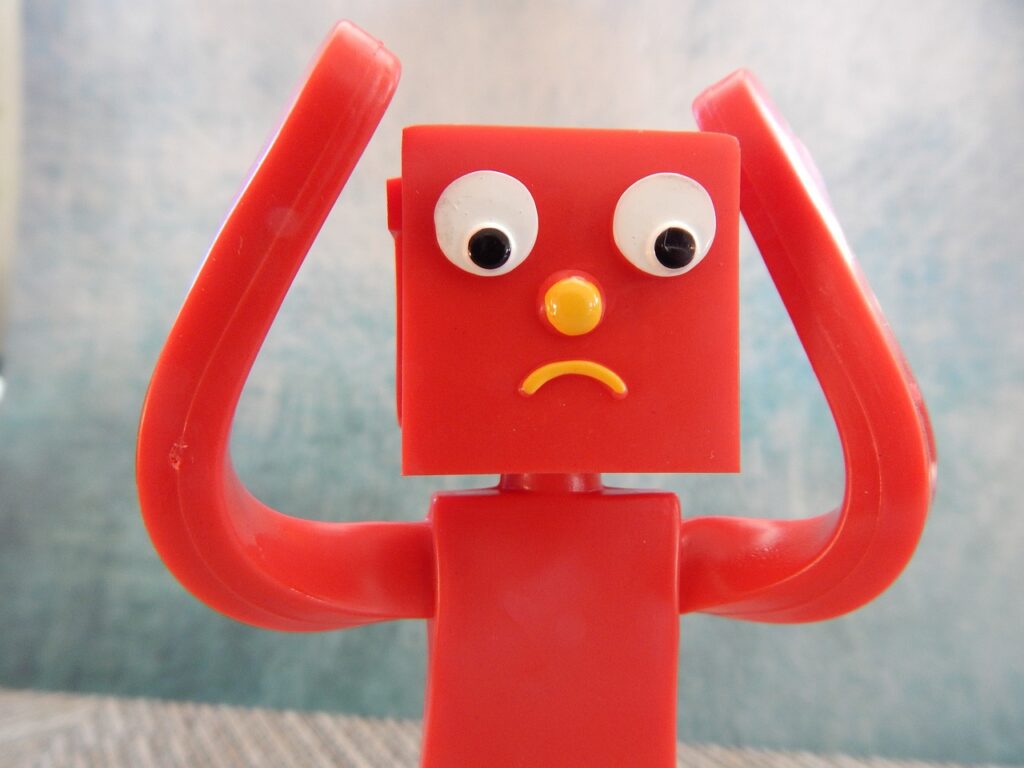
TV shows like The Walking Dead and Daredevil have also utilized these techniques, adding depth and complexity to their respective storylines. Without comics, we wouldn’t have these groundbreaking adaptations and the innovative storytelling techniques they bring to the table.
The Role of Comic Book Conventions in Fan Culture
Comic book conventions bring fans from all over the world together to celebrate their shared love of the medium and create a vibrant community of like-minded individuals. These events provide a unique opportunity for fans to connect with each other and engage in various activities such as panel discussions, artist meet-and-greets, and cosplay contests. The sense of community engagement is what sets comic book conventions apart from other entertainment events.
Cosplay culture is a huge part of comic book conventions. Fans dress up as their favorite characters from comics, films, and TV shows, and showcase their costumes with pride. Cosplay contests allow fans to compete against each other and show off their creativity and dedication to their craft. This aspect of conventions not only adds to the fun and excitement of the event, but also brings fans together in a shared passion for the characters and stories they love.
The role of comic book conventions in fan culture cannot be overstated, as these events provide a space for fans to connect, share their love of comics, and create lasting memories.
The Future of Comics in Entertainment and Beyond
With advancements in technology and an increasing demand for diverse storytelling, it’s clear that comics will continue to evolve and expand into new mediums and audiences.
One of the biggest changes happening in the industry is the rise of digital dominance. With the ease of access and convenience that digital platforms offer, more and more readers are turning to digital comics. This shift has also opened up new opportunities for creators to experiment with different formats and styles of storytelling that may not have been possible in print.
Another trend that shows no signs of slowing down is the popularity of comic book adaptations. From blockbuster movies and TV shows to video games and web series, comics are being adapted into a wide variety of entertainment formats. This not only exposes comics to new audiences but also highlights the rich storytelling and complex characters that comics are known for.
As comics continue to be a source of inspiration for popular culture, it’s exciting to see how the medium will continue to evolve and captivate audiences in the future.
Frequently Asked Questions
How do comic book creators come up with their ideas for characters and storylines?
When creating characters, comic book creators often draw from personal experiences or societal issues. They use storytelling techniques like foreshadowing and character development to craft compelling storylines that resonate with readers.
What impact do comic book sales have on the overall entertainment industry?
Comic book sales impact the entertainment industry growth by generating revenue for publishers, comic shops, and movie studios. Successful comics often lead to film adaptations, merchandise, and increased interest in related media.
How has the rise of digital media affected the comic book industry?
Digital media has revolutionized comic book storytelling, allowing for new distribution methods and formats. While physical comic book stores may struggle in a digital age, the industry is adapting to this shift and embracing the change.
What is the process for adapting a comic book into a film or TV show?
When adapting a comic book into a film or TV show, the storyboarding process involves translating the comic’s visual storytelling into a cinematic format. Casting decisions are then made to bring the characters to life on screen.
How do comic book conventions contribute to the growth of fan culture and the entertainment industry?
Comic book conventions are the perfect place for fan communities to come together and share their love for the medium. With creative marketing strategies, these events have become crucial to the entertainment industry’s growth.
Conclusion
So, you’ve learned about the impact of comics on popular culture and entertainment.
From their humble beginnings as newspaper strips to their current status as Hollywood blockbusters, comics have come a long way. They have given rise to beloved superheroes like Batman and Spider-Man, and influenced countless films and TV shows.
Comic book conventions have become a hub for fan culture, providing a space for enthusiasts to connect and celebrate their favorite characters. However, the future of comics in entertainment is uncertain.
With the rise of digital media, the traditional comic book industry has faced challenges. Yet, comics continue to be a source of inspiration for filmmakers and TV producers, and fan culture shows no signs of slowing down.
Whether in print or on screen, comics will undoubtedly continue to shape and influence popular culture for years to come.






